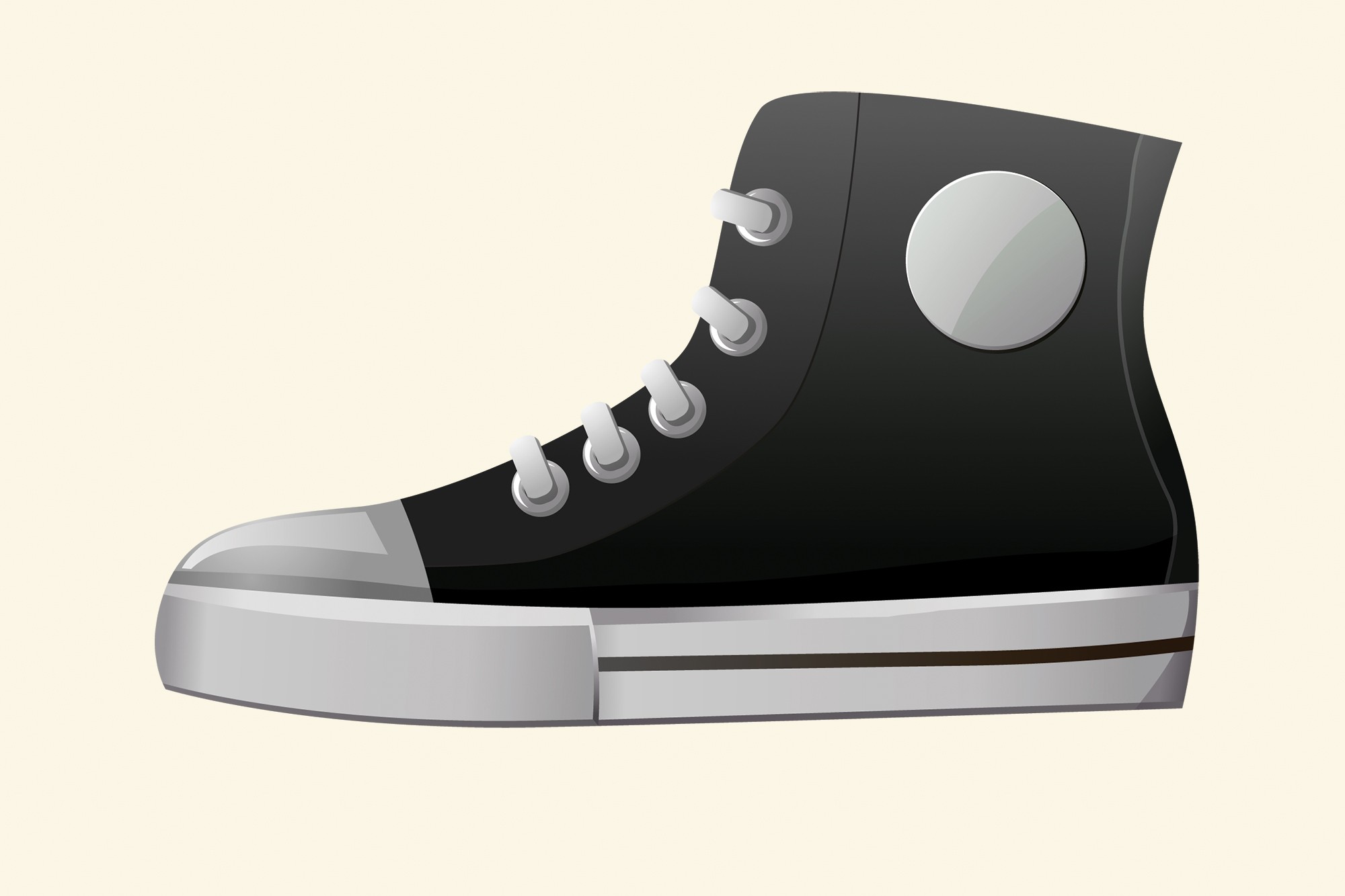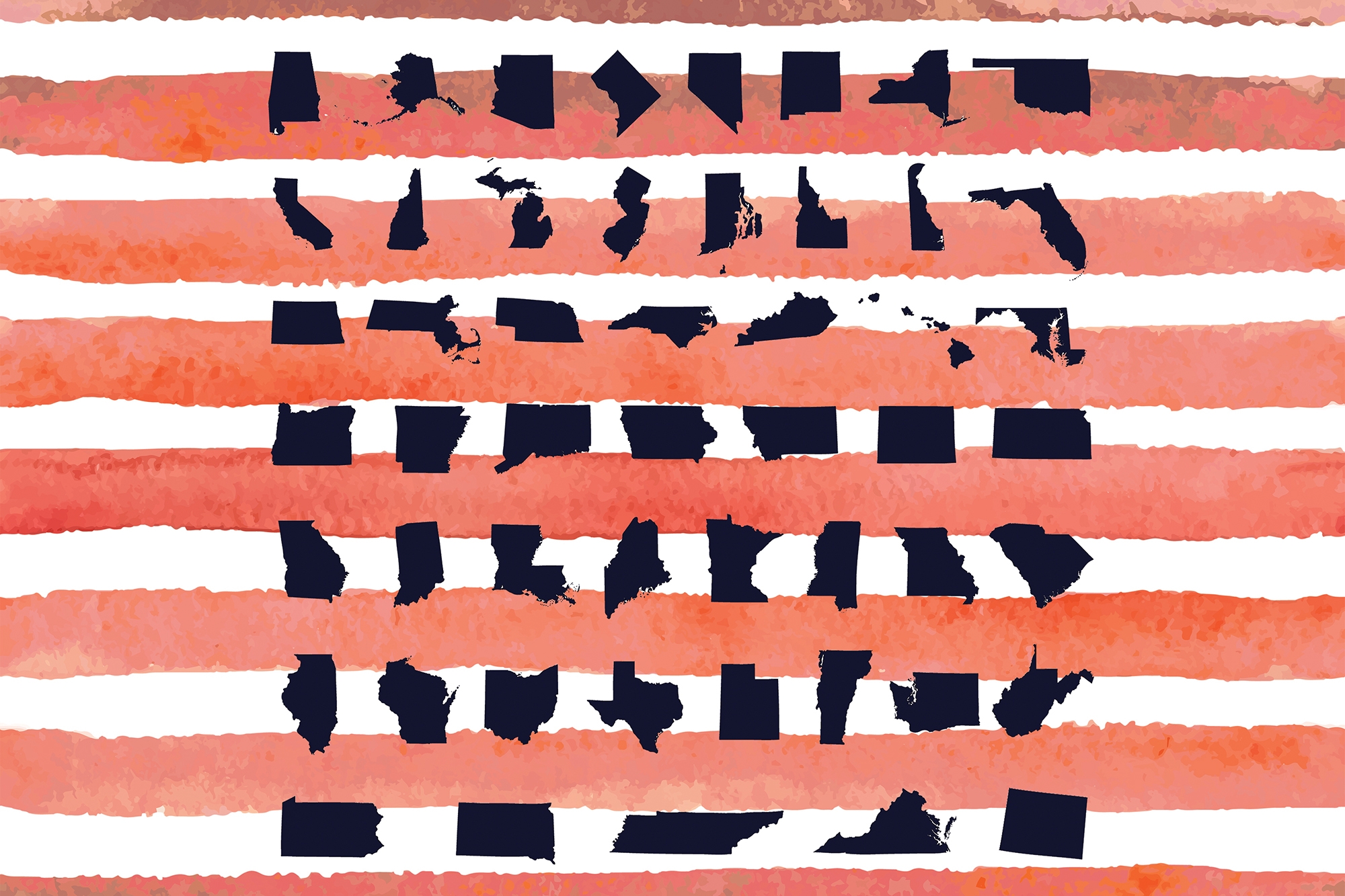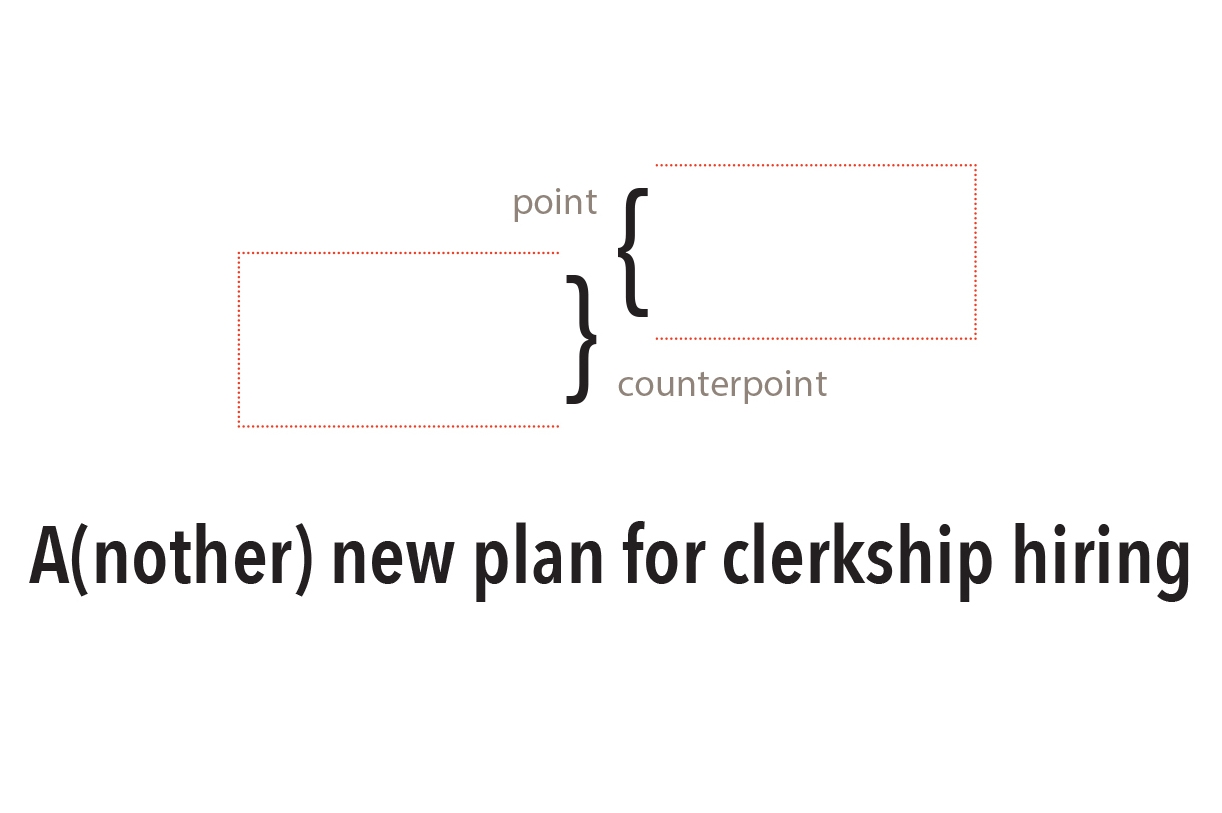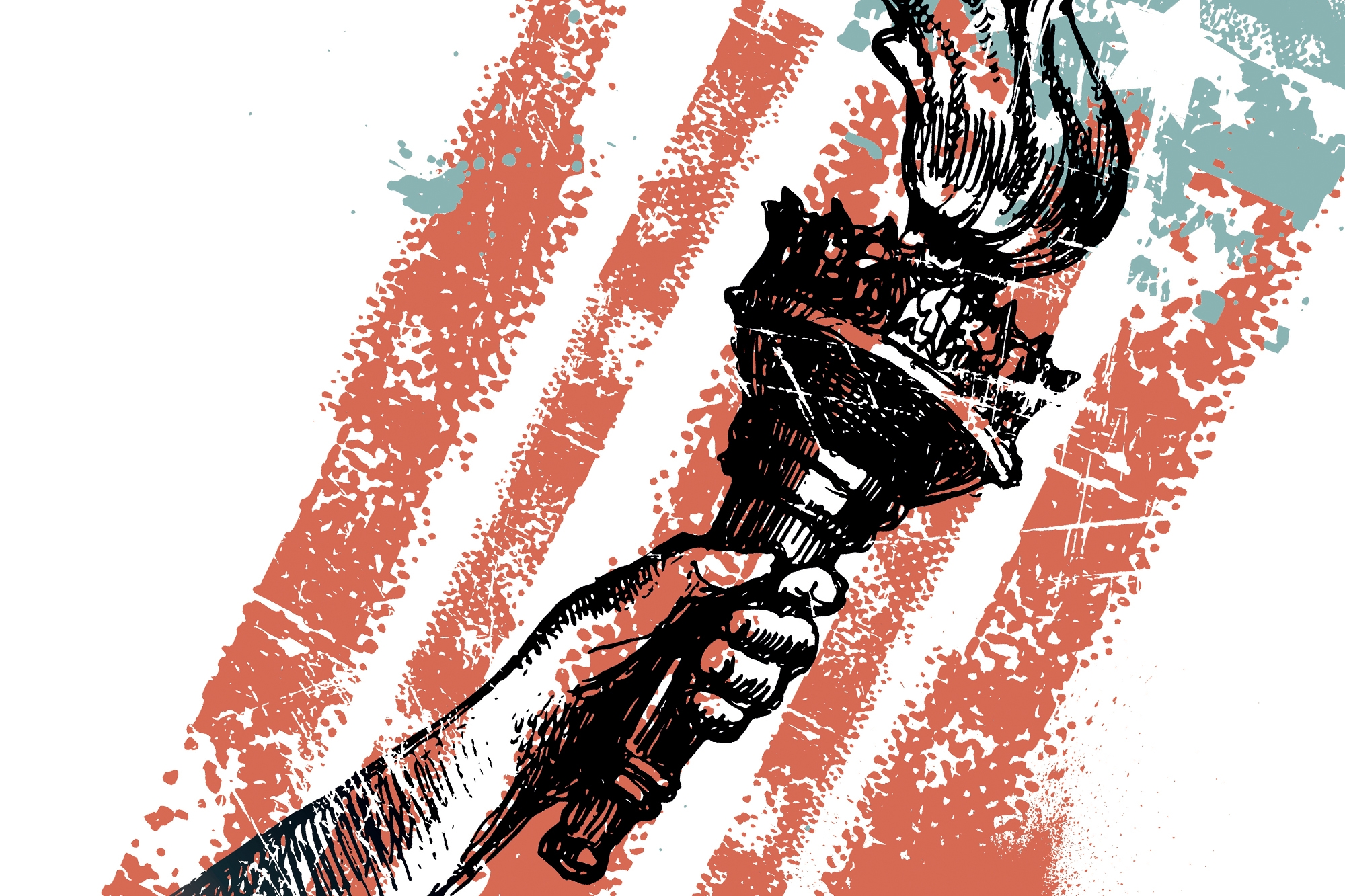 Judicial Honors
Judicial Honors
Nina Ashenafi-Richardson, a judge with the Leon County Court system in Florida and the first Ethiopian-born judge in the United States, received the Florida Bar’s 2019 Distinguished Judicial Service Award […]
 Feature
Feature
How will recent Supreme Court decisions on personal jurisdiction impact the legacy of International Shoe and the future of complex litigation? In just a few years, the Supreme Court has […]
 Feature
Feature
by Michael M. Baylson and Sandra Jeskie
Vol. 103 No. 1 (2019) | Navigating Rough SeasAn article published in the Winter 2016 edition of Judicature provided an overview of case law and approaches for handling cross-border discovery in litigation. Since then, there have been some […]
 Feature
Feature
Criminal trials have virtually disappeared in many federal courtrooms. According to a recent U.S. Sentencing Commission report, “[i]n recent years, 97 percent of federal defendants convicted of a felony or […]
 In Conversation
In Conversation
by Joan Larsen, David F. Levi, Allison Eid, Goodwin Liu and Jeffrey S. Sutton
Vol. 103 No. 1 (2019) | Navigating Rough SeasJudge Jeffrey Sutton is one of our most respected and admired federal appellate judges. He has served on the Sixth Circuit, with chambers in Columbus, Ohio, since his appointment to […]
 In Conversation
In Conversation
Sergeant Isaac Woodard had just completed a three-year tour in a segregated unit of the United States Army. He boarded a Greyhound bus in Augusta, Ga., that would take him […]
 Perspective
Perspective
by Diane P. Wood and Aaron Nielson
Vol. 102 No. 2 (2018) | Rights That Made The World RightOn February 28, 2018, an unofficial ad-hoc committee of federal judges announced a new version of a law clerk hiring plan, a revision of an earlier system that was tried […]
 Feature
Feature
In 1870, Maria Mitchell, an African American woman in Edgecombe County, North Carolina, did something that she could not have done when she was enslaved: She “talked for her rights.” […]
 In Conversation
In Conversation
by Richard Re and Marin K. Levy
Vol. 103 No. 2 (2019) | Pay NCAA athletes?The importance of precedent seems obvious — after all, following precedent is itself precedential. But new cases and questions in front of the Supreme Court have fostered a deeper study […]
 Feature
Feature
Sergeant Isaac Woodard had just completed a three-year tour in a segregated unit of the United States Army. He boarded a Greyhound bus in Augusta, Ga., that would take him […]